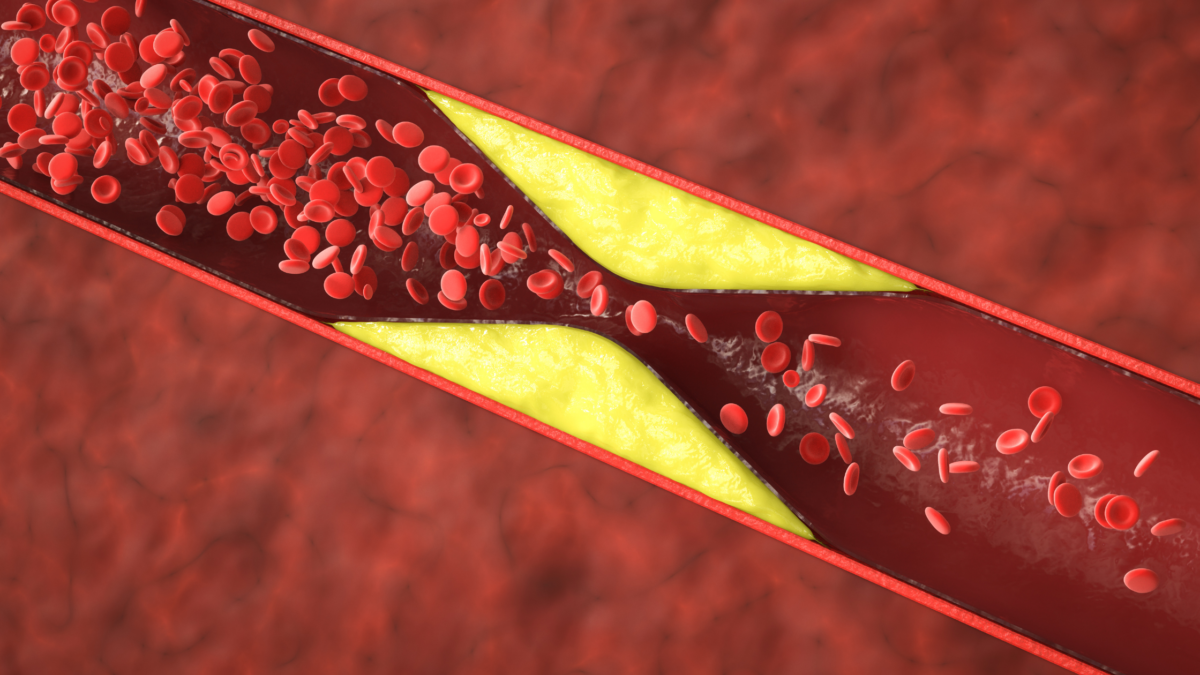


Medically Reviewed By Margaret Etudo. Written By The Vitamins For Woman Team.
Stopping hormone replacement therapy (HRT) after a blood clot can feel like losing control of your body all over again. But many women have walked this path and found ways to cope while still protecting their long-term health.

For many women, HRT can feel like a lifeline. After years of battling perimenopausal symptoms, the sudden relief it provides is life changing. So when a health scare like a blood clot forces you to stop, it can feel like your world is unraveling.
This was the story of a woman who had been on HRT for six years. After developing a clot, she had to quit abruptly. The hot flashes came roaring back. Tears and irritability filled her days. She felt like she was losing her sense of control.
Her struggle resonated with many others who shared similar stories of stopping HRT due to clots or cancer. Some eventually adjusted. Others leaned on medications like SSRIs, cooling techniques, or even alternative supports like CBD. The takeaway? You are not alone in this journey.
Blood clots are complex. While HRT has been linked to an increased risk of clotting, age itself is a significant factor. According to research published in the British Medical Journal, the risk of clots rises naturally as women get older regardless of hormone use (Campbell et al., 2007).
Interestingly, a review in the Journal of Women’s Health found that being on blood thinners may reduce the recurrence risk and could allow some women to continue HRT under supervision (Canonico et al., 2020). Decisions around stopping or resuming HRT are highly individualized and should be made with a healthcare provider.
After discontinuing HRT, symptoms like hot flashes, mood changes, and insomnia may come back with full force. While the intensity usually lessens with time, the first months can be extremely difficult.
Women have found relief in simple strategies like keeping the home cooler, dressing in breathable layers, and using portable fans. Others benefit from non-hormonal medications like SSRIs, which can help with mood and hot flashes.
Supplements can also provide gentle support. Magnesium glycinate is often used to aid sleep and relaxation. Black cohosh has some evidence supporting its ability to ease mild hot flashes, although results can vary. These aren’t cures but can be part of a broader symptom management plan. If you choose to try these, consider looking for high-quality supplements from trusted sources.
One comment shared the experience of having to stop HRT after a breast cancer diagnosis, facing both cancer treatment and the return of menopausal symptoms. For her and many others, HRT is simply not an option anymore.
In these situations, women often explore lifestyle adjustments like mindfulness, gentle exercise, and cooling techniques. According to research in Menopause, behavioral changes can reduce the perception of hot flashes and improve quality of life (Hickey et al., 2017).
It’s important to remember that the emotional toll of stopping HRT can be just as significant as the physical symptoms. Talking with a therapist or joining a support group can help process these feelings.

The first weeks after stopping HRT can feel impossible. But as many women have found, symptoms often lessen over time. Your body begins to adjust and you discover new ways to cope.
Focus on small, manageable changes. Keep a symptom journal to see patterns. Consider non-hormonal therapies and supplements if they feel right for you. And always involve your healthcare provider in major decisions.
Stopping HRT after a blood clot doesn’t mean the end of relief. It may simply mean a different path forward.
If you’re facing the challenge of stopping HRT after a blood clot, know that your feelings are valid. It’s a major change that can stir up anxiety and frustration. Many women eventually adapt and regain balance, even if it takes time.
Supporting your body with good nutrition, stress management, and thoughtful supplementation can make this transition a little easier. Supplements like magnesium or black cohosh might be gentle allies on your journey. Always consult your healthcare provider before adding any supplement, especially if you’re on medications.
You are not alone. Healing is possible. Take it one day at a time.

medically reviewed by margaret etudo, BPharm. written by the vitamins for woman team.